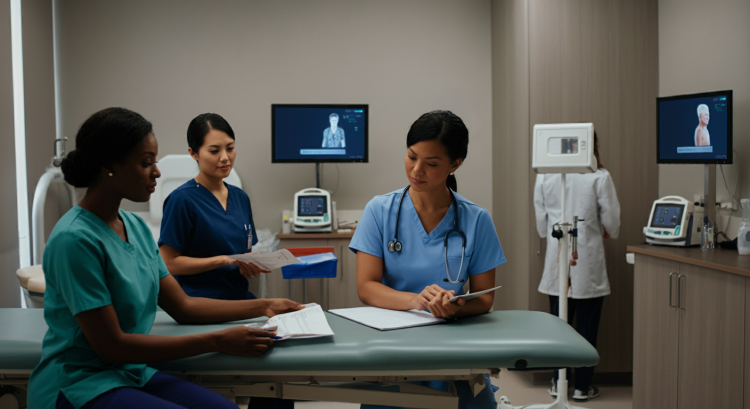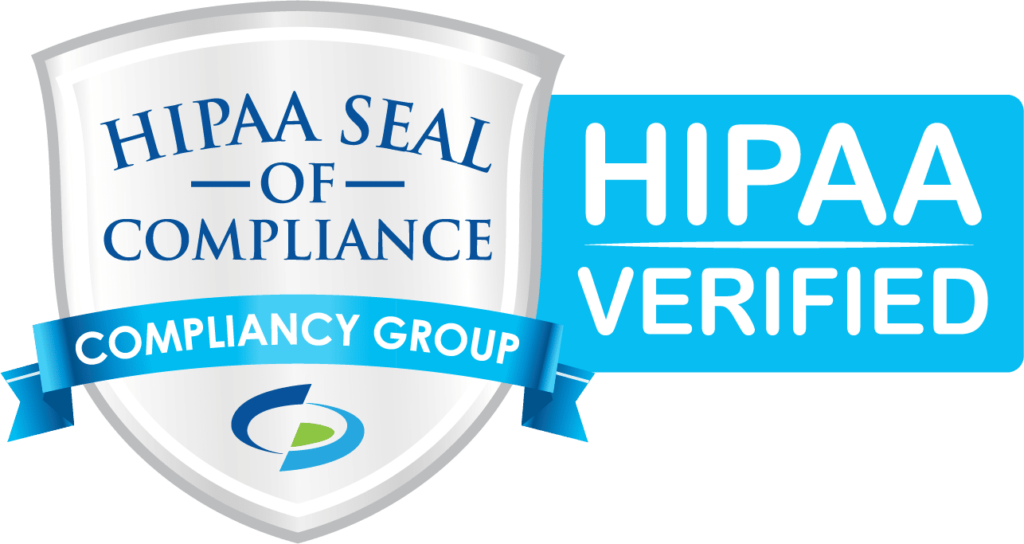When you think about recovering from an accident, post-accident medical care coordination might not be the first thing that comes to mind. Yet, it plays a vital role in how effectively you bounce back. This process involves orchestrating various healthcare services to guarantee you receive the right care at the right time, from emergency responders to rehabilitation specialists. But what does it really entail, and how does it impact your recovery journey? Understanding this coordination could be the key to unblocking smoother, more effective recoveries. So, what are the essential elements you should be aware of?
Understanding Medical Care Coordination
In understanding medical care coordination, especially after an accident, it’s vital to appreciate how intricately woven this process is into your recovery journey. The coordination of medical care guarantees that the various aspects of your treatment are organized and managed efficiently, facilitating a seamless recovery process. This involves timely communication between emergency responders, hospitals, specialists, and rehabilitation services, all working together to support your healing.
Through effective coordination, your treatment plans are tailored to your specific needs, guaranteeing that every health professional involved is informed about your condition and treatment history. This strategy not only helps you recover more quickly but also improves your overall outcomes.
Follow-up care becomes a significant part of this process, monitoring any ongoing issues related to your injuries and enhancing your long-term health.
Utilizing technology and data analysis plays a noteworthy role in streamlining these processes. By tracking your progress and facilitating better decision-making among healthcare providers, technology guarantees that your recovery process remains on track.
Ultimately, medical care coordination is about guaranteeing that each step of your recovery journey is supported by a well-organized, thorough approach that prioritizes your health and well-being.
Key Components of Coordination
Effective communication stands at the heart of post-accident medical care coordination, guaranteeing you receive exhaustive and timely treatment. When an accident occurs, immediate medical care is essential. Rapid medical evaluation by emergency responders sets the stage for your recovery journey, allowing healthcare providers to assess your injuries quickly and accurately.
Any delays here can complicate your condition, so speedy access to care is critical.
Post-accident care doesn’t stop with the initial treatment. It includes organizing follow-up appointments and rehabilitation services to promote adherence to your prescribed treatment plans. This structured approach helps you achieve the best possible recovery outcomes.
It’s not just about physical healing; addressing psychological needs is equally important. Emotional recovery plays a significant role in your overall well-being after an accident.
Additionally, collecting and analyzing data from your medical journey aids in refining care strategies and improving system efficiency. This guarantees that every aspect of your care is optimized for your benefit.
As you navigate this process, legal assistance might be necessary to address any implications arising from the accident. Understanding these key components helps you better manage your recovery and guarantees you receive extensive support every step of the way.
Benefits of Effective Coordination
When an accident disrupts your life, the benefits of effective medical care coordination become invaluable. Prompt access to medical treatment through early intervention is vital in ensuring you receive the care you need when you seek medical attention. Coordinated care greatly reduces recovery times by connecting you with necessary evaluations and treatments without delay.
This streamlined approach not only enhances communication among healthcare providers but also leads to accurate diagnoses and tailored treatment plans that address both your physical and psychological needs. By preventing complications, timely interventions through coordinated care pave the way for a better recovery.
You’ll find that the coordination minimizes delays in rehabilitation and helps you return to work sooner. This thorough approach means arranging follow-up appointments and therapy sessions becomes seamless, allowing you to focus on healing.
Furthermore, meticulous documentation of your injuries and medical treatments plays a vital role in supporting your personal injury claims. This documentation is essential for securing the compensation you deserve, ensuring your financial stability during the recovery process.
Effective medical care coordination empowers you to navigate the aftermath of an accident with confidence, knowing your health and well-being are prioritized.
Recognizing Immediate Care Needs
Accidents can happen unexpectedly, and recognizing immediate care needs becomes essential in those vital moments. Whether it’s a motor vehicle accident or a severe fall, knowing when to seek help can make all the difference. Major pain, bleeding, or loss of consciousness are clear indicators that you need immediate medical attention.
Don’t underestimate the urgency; about 20% of deaths and traumas from accidents are preventable with swift intervention.
Even minor symptoms like dizziness or headaches shouldn’t be ignored. They might signal serious injuries that require professional medical assessment. Quick action is key to prevent complications such as improper healing of fractures or prolonged brain damage from untreated concussions.
When you promptly seek help, you greatly increase your chances of a better recovery and outcome.
Preventing Delayed Treatment Risks
Timely medical intervention after an accident isn’t just beneficial—it’s essential. When you experience an accident, seeking medical care promptly can greatly impact your recovery. Delayed treatment often leads to severe complications. For instance, untreated fractures may heal improperly, causing long-term dysfunction.
The importance of prompt medical attention can’t be overstated; even minor injuries like concussions can escalate into major health issues if ignored.
Receiving necessary medical evaluation early is critical. Research highlights that those who seek medical advice quickly after an incident tend to have shorter recovery times and better overall health outcomes.
Postponing medical intervention increases risks, such as infections and chronic pain, which can become debilitating over time. The longer you wait, the more challenging your recovery could become.
Effective coordination of post-accident medical care plays a fundamental role in preventing delayed treatment risks. It guarantees you get timely assessments and interventions, thereby preventing hidden injuries from worsening.
Specialized Care in Recovery
Understanding the importance of prompt medical care lays the groundwork for the next significant step: specialized care in recovery. After an accident, your journey to recovery often requires a multidisciplinary team of experts. Orthopedic surgeons and trauma specialists are fundamental in addressing severe injuries. Facilities like Prime Surgical excel in providing tailored treatments, guaranteeing that your unique recovery needs are met with precision.
Initially, your primary care doctor or the emergency room serves as the first point of contact. They play a critical role in evaluating your condition and referring you to specialized care if necessary. This guarantees you receive the right medical attention for ideal recovery.
A thorough treatment plan is essential in this phase. It focuses on every aspect of your recovery—from physical rehabilitation to managing pain effectively. Engaging in prescribed physical therapy is important. It aids in rehabilitation, enhances your recovery outcomes, and helps restore your strength and mobility.
Specialized care isn’t just about addressing the physical injuries; it’s about supporting your overall healing process. By investing in the right medical care and treatment, you pave the way for a smoother, more complete recovery journey.
Navigating Legal and Insurance Aspects
In the aftermath of an accident, maneuvering through the legal and insurance aspects can be intimidating, but it’s important to guarantee your rights and interests are protected.
It’s important to recognize that prompt medical care after an accident is essential. This not only secures your health is prioritized but also establishes a direct link between your injuries and the accident, crucial for any personal injury claims.
Seeking immediate medical attention, including necessary imaging tests, provides a thorough assessment of your injuries.
Documenting all medical treatments and symptoms meticulously serves as key evidence in your legal case, influencing the outcome of insurance settlements.
Communicate openly with your healthcare providers about every symptom, no matter how small, as this aids in accurate diagnosis and effective legal representation.
Understanding your legal rights is equally important, especially the statute of limitations for filing claims, which averages around two years in most U.S. states.
Seeking legal representation early is a smart move. An experienced personal injury lawyer can navigate the complexities of insurance claims, ensuring you receive fair compensation.
They’ll advocate on your behalf, safeguarding your rights throughout the recovery process.
Enhancing Long-Term Health Outcomes
After an accident, your path to recovery hinges on effective medical care coordination, which can profoundly enhance long-term health outcomes. By guaranteeing timely access to specialized treatments, you can boost your chances of a successful recovery.
Studies show that coordinated care leads to a 30% higher rate of functional recovery, highlighting the importance of having a thorough treatment plan. This approach not only focuses on immediate needs but also includes regular follow-ups and rehabilitation services, reducing the likelihood of chronic pain and long-lasting disabilities by up to 40%.
Recognizing the signs of both physical and psychological impacts early on is essential. It’s better to be safe and address these issues promptly to enhance your overall well-being. Effective coordination can reduce the risk of developing conditions like PTSD by about 25%.
Data analysis plays an important role here, allowing healthcare providers to tailor recovery programs to your specific needs, guaranteeing better adherence and satisfaction.
Moreover, maneuvering the legal process following an accident is challenging, making it necessary to seek coordinated care that aligns medical and legal considerations. This holistic approach guarantees that your long-term health outcomes aren’t compromised.
Conclusion
In post-accident medical care coordination, you play an essential role in ensuring a seamless recovery journey. By staying informed and actively participating in the process, you help prevent treatment delays and tailor specialized care to your needs. With effective communication among healthcare providers, you not only address immediate concerns but also enhance long-term health outcomes. Steering through the legal and insurance landscape becomes manageable, allowing you to focus on your physical and emotional well-being.



